We recently welcomed two adorable baby goats, Sassy and Blue, to our Lonsdale shelter, and it's not surprising that they were soon adopted! Goats are certainly unique creatures, so keep reading to find out how to give them the best care possible.
Already an experienced animal lover? Have a lot of space for a couple of cute kids to run around?
Goats make the perfect addition to any farm or large property. On top of being cute, they also play well with other animals, and are great around people too.
If the idea of welcoming a little baby goat or two into your family sounds good to you, then let us help you become goat experts in a few easy tips!
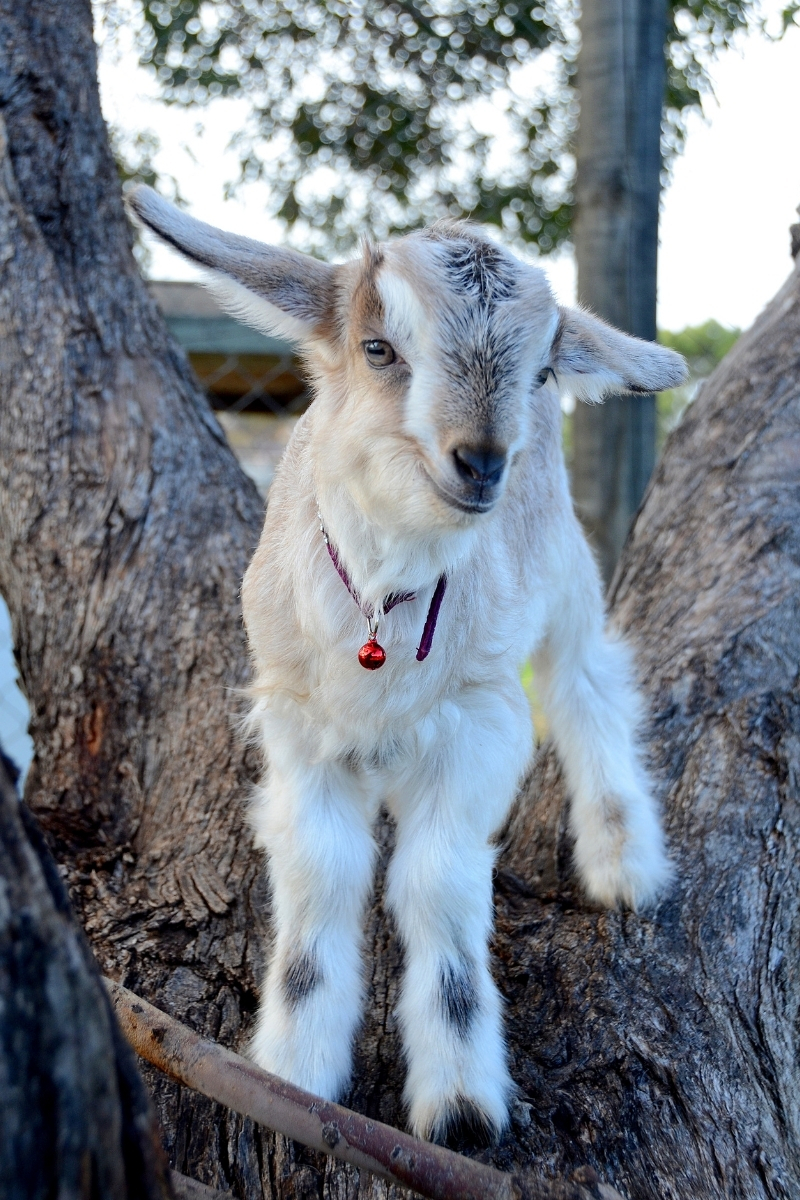
DO ✓ Give them plenty to do
All goats, particularly young goats (called kids), are playful and curious by nature, so they require an environment that will encourage activity in order to satisfy these natural instincts.
Goats need an area with sufficient space for them to run around and play.
You can provide them with an enriched environment by giving them things like balls and haystacks to play with.
Goats also like to climb, so providing them with sturdy crates or non-slip tables will help them to express this natural behaviour and keep them entertained for hours.
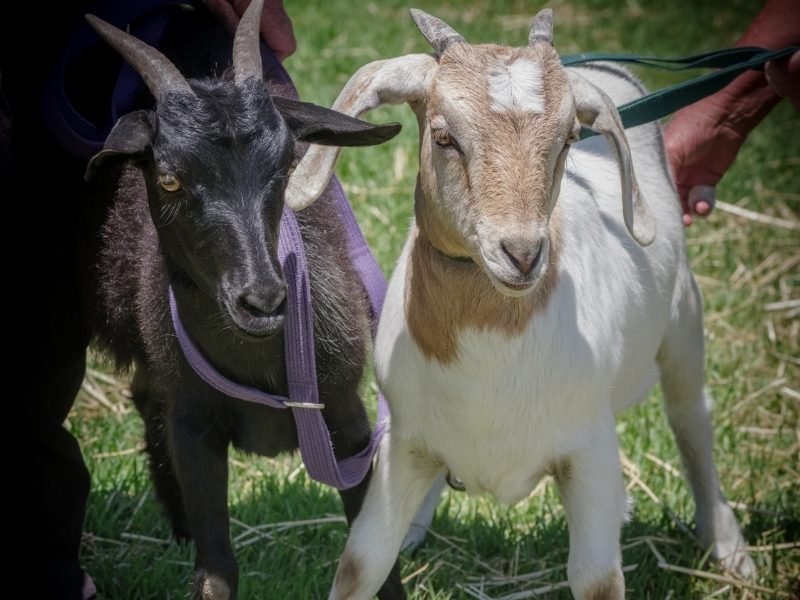
DON'T ✗ Keep goats on their own
Goats prefer to be with other goats. They are social creatures who like to live in herds.
If a goat is lonely, they will start to act out in fear, boredom or frustration, which can be no walk in the park!
Keeping goats in a group is ideal, but if there are no other goats around, other animals like horses, cows and sheep will do.
The owner or stockperson will need to keep in mind the competition for food and resources between the species.
You may need to separate them at feeding time to ensure everyone is getting their fair share.
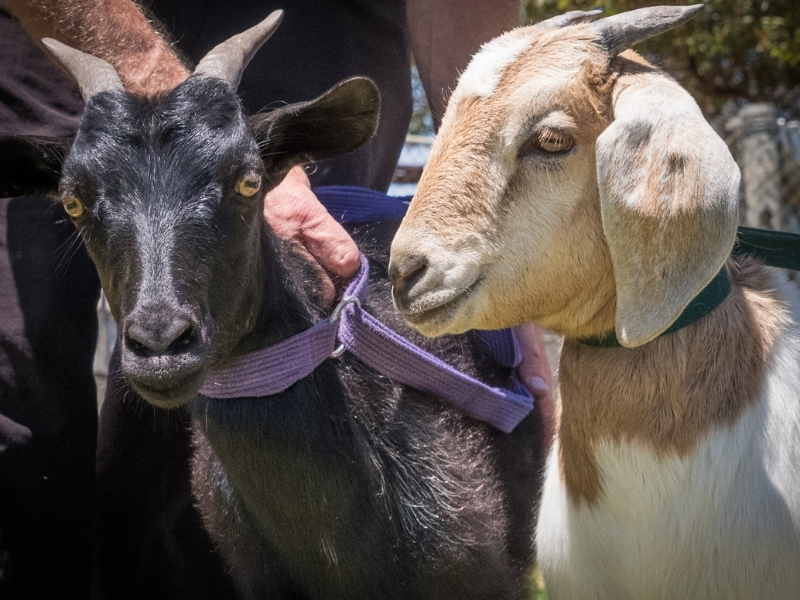
DO ✓ Keep them in a secure enclosure
Apart from having interesting space to explore, goats also need an enclosure that will keep them safely contained.
As mentioned above, they are very curious animals and most goats will make a run for it, if given the chance!
Goats are expert jumpers, so they can easily jump over a low fence and run away.
For the average sized goat, a fence around four-feet high will do. Depending on your budget and resources, installing 'no-climb' fencing may be an option.
This can be done by securing a panel of wood to the top of the fence. You can also loop wire around a regular fence to create a thicker structure.
Goats also tend to munch on everything, so make sure that whatever fence materials you choose are durable!
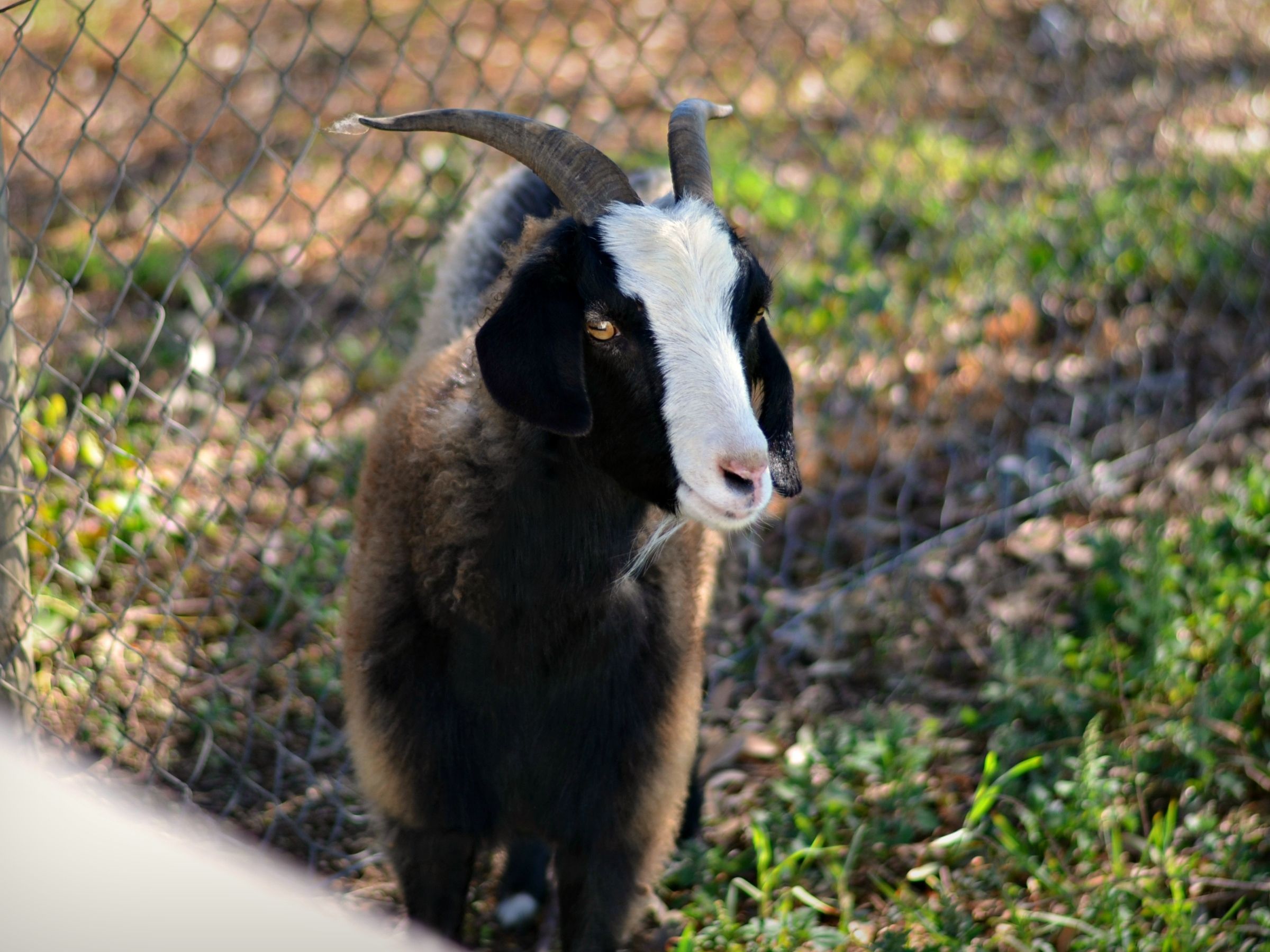
DON'T ✗ Stress them out
Goats are quite sensitive and very susceptible to stress. Of course, giving goats the care and management they need will help reduce their stress levels, but there are also some other things to keep in mind.
Like all animals, goats often carry scars from past life experiences. For example, if a goat has had a troublesome upbringing, they are likely to act out later in life due to unresolved fears.
Some goats have been through distressing ordeals, such as poor husbandry and management practices, like weaning or traumatic horn removal, as well as maltreatment.
To make a goat's life a happy one, pay attention to their behaviour and make note of what makes them happy and calm, as well as what causes them stress.
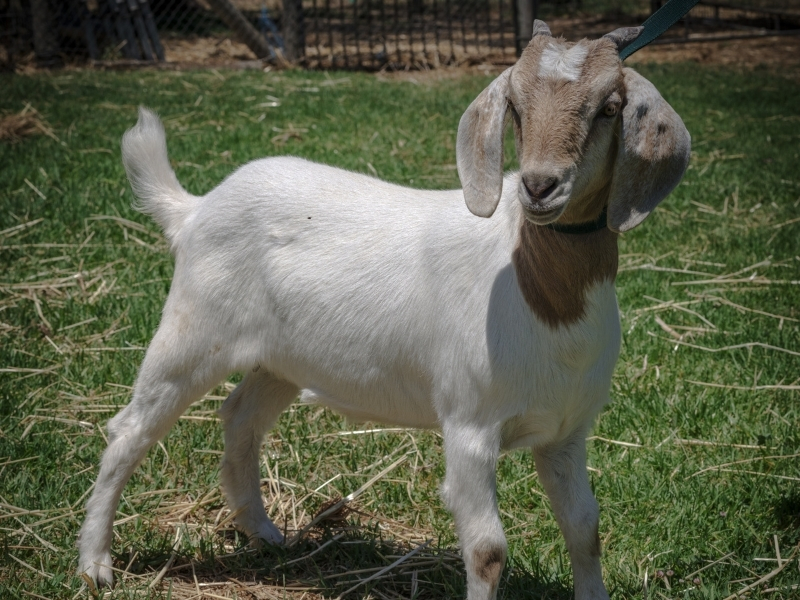
DO ✓ Give goats food they'll enjoy
Speaking of stress, goats will often show signs of unhappiness when given insufficient and/or poor quality food and water.
And as previously mentioned, it is not in a goat's nature to compete for food. When feeding them, make sure they are separated from other animals so they aren't forced to fight for resources.
Goats love to graze, whether on pasture or hay. Just make sure they do not have access to any toxic plants, because goats are like lawnmowers - they will munch through whatever is in their path!
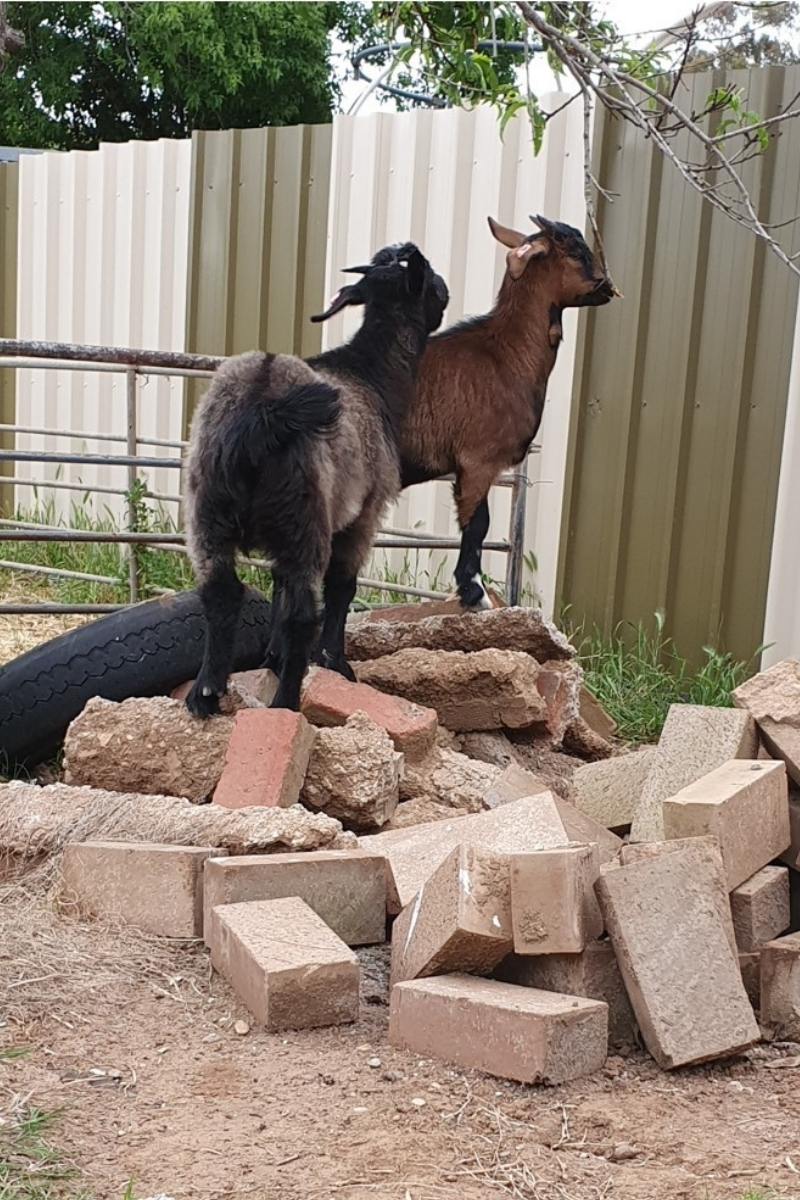
Think you're up to it? Keep an eye on our adoptions page - you might find some other goats there, like Sassy and Blue, who need a new home.






